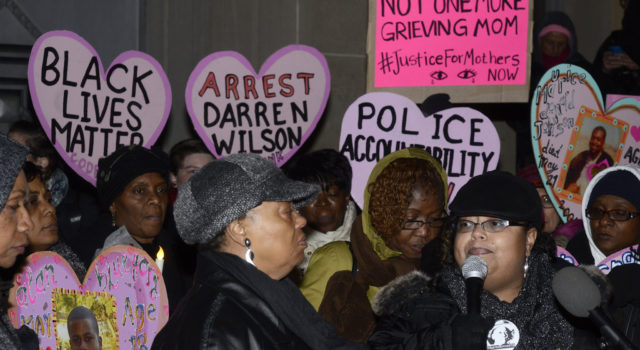Yesterday, when Joe Biden signed the Emmett Till Anti-Lynching Act into law, it was about more than ceremony. It was about systems.
Systems that hid the murders of Black people, or allowed killers to go unpunished. Systems that needed more than the threat of violence to stay in place, but instead needed actual killings. Systems that said Black life was worth nothing, and then took those lives to prove the point.
But after Biden signed a law named after one of the most famous lynching victims ever, it’s a new day, it’s a new time, and while those systems might still need to be dismantled, signing that law set the wrecking ball in motion.
The Emmett Till Anti-Lynching Act is named for the Black teenager who was tortured and killed while visiting family in Mississippi in 1955. His death became a catalyst of the civil rights era after his mother demanded an open casket funeral and allowed photos of his body to be published. The shocking images demonstrated the horror of racist crimes in America, and forced people to take action against it.
The new law makes it possible to prosecute a crime as a lynching when death or serious bodily injury results from a conspiracy to commit a hate crime. A conviction under this law can mean up to 30 years in prison.
Lawmakers have tried to pass nearly 200 anti-lynching bills between 1918 and 2020. That last measure was overwhelmingly supported by the House, but was blocked in the Senate by Sen. Rand Paul
This time, however, Paul joined Sens. Cory Booker and Tim Scott to co-sponsor the Emmett Till act, and it passed.
And while I’d like to celebrate, the work has just begun. Because Black people still face racial violence in America, but now, at least, we have the chance to hope.
Photo: DC vigil for delegation of grieving mothers 45, by Stephen Melkisethian. Creative Commons License.






